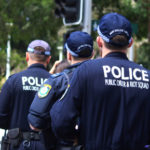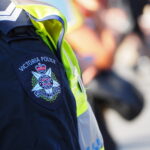Most Australians Supported the Lockdown, But Not the Police Overreach
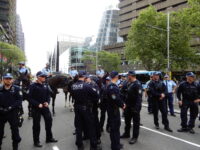
“Even though Australians were overwhelmingly supportive of the lockdowns,” Civil Liberties Australia (CLA) CEO Bill Rowlings remarked last week, the public “can appreciate how the pandemic laws were pettily abused by police excesses”.
And petty is the operative word Rowlings used when casting our minds back to the early days of the NSW lockdown to an incident involving a Newcastle man, who was fined $1,000 for sitting alone on a bench eating a kebab.
Sure, he’d been warned prior, but the action taken was excessive just the same.
Although, police COVID excesses haven’t always been petty. Down in Melbourne, Victoria police officers called in to assist with a man having a mental health episode decided to ram him with a car, swarm him on the ground, and stomp on his head, which resulted in a 19 hour coma.
It’s unclear as to whether the officers who attacked the man were reprimanding him over breaching pandemic restrictions. But the incident occurred at the height of that state’s second lockdown, which was at a time when Victoria police had been emboldened by heightened COVID powers.
“Rights should be upheld and reinforced during a pandemic, not abandoned,” said Human Rights Watch Australia director Elaine Pearson in a late September statement.
“Recent incidents raise serious concerns that Victoria’s police are taking excessive or disproportionate action against suspected lockdown violators.”
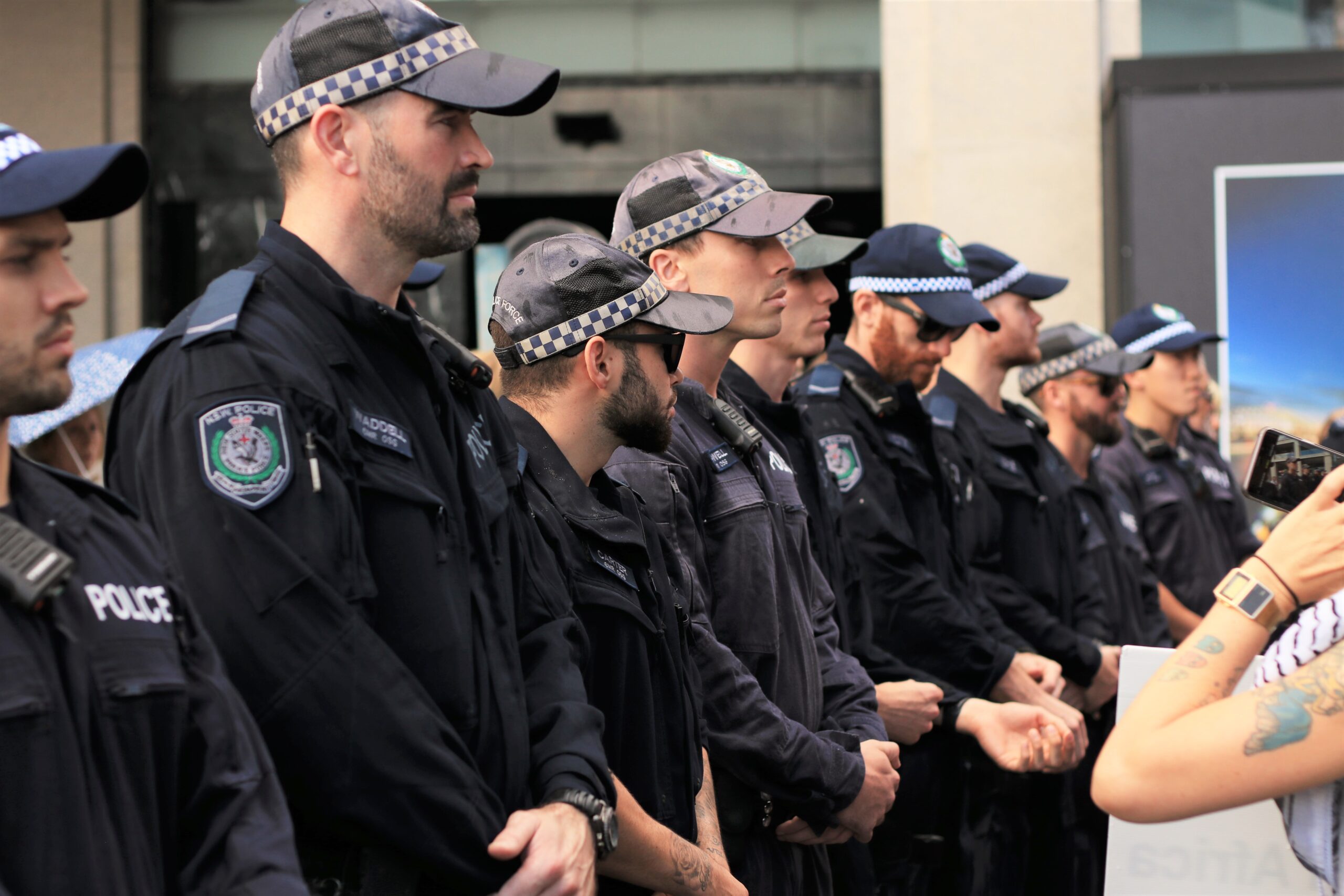
Violence to curb a plague
Indeed, it was during the second more extreme shutdown of Melbourne that anti-lockdown protesters began mobilising. And it was these dissenting voices who were subjected to the most draconian show of police force to take place anywhere nationwide.
In mid-September, a couple of hundred anti-lockdown protesters gathered around Melbourne’s Queen Victoria Market. And the images of large numbers of police clad in riot gear, with helmets and transparent shields seemed a little excessive for unarmed demonstrators.
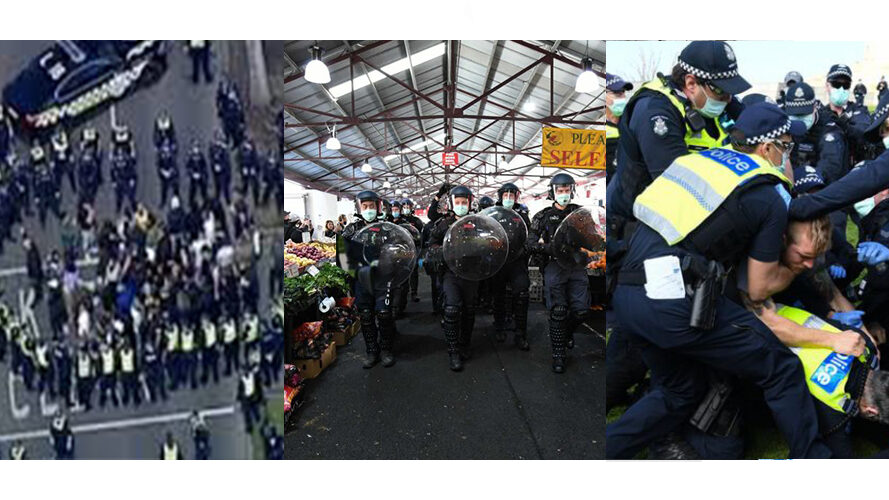
The image of a police officer kneeling upon a demonstrator’s neck didn’t go down too well either.
The majority of Australians that supported the COVID restrictions were opposed to what those rallying stood for. They wanted to lockdown to stop the spread of the highly contagious virus. But this majority of citizens were neither in support of the blatant use of excessive force on that day.
And it was lost upon no one as hundreds of police lined the streets, kettled in protesters, moved in closer upon them and surrounded sole demonstrators to drag them away, that this was no way to prevent the spread of an infectious disease, rather it was simply police knocking heads.
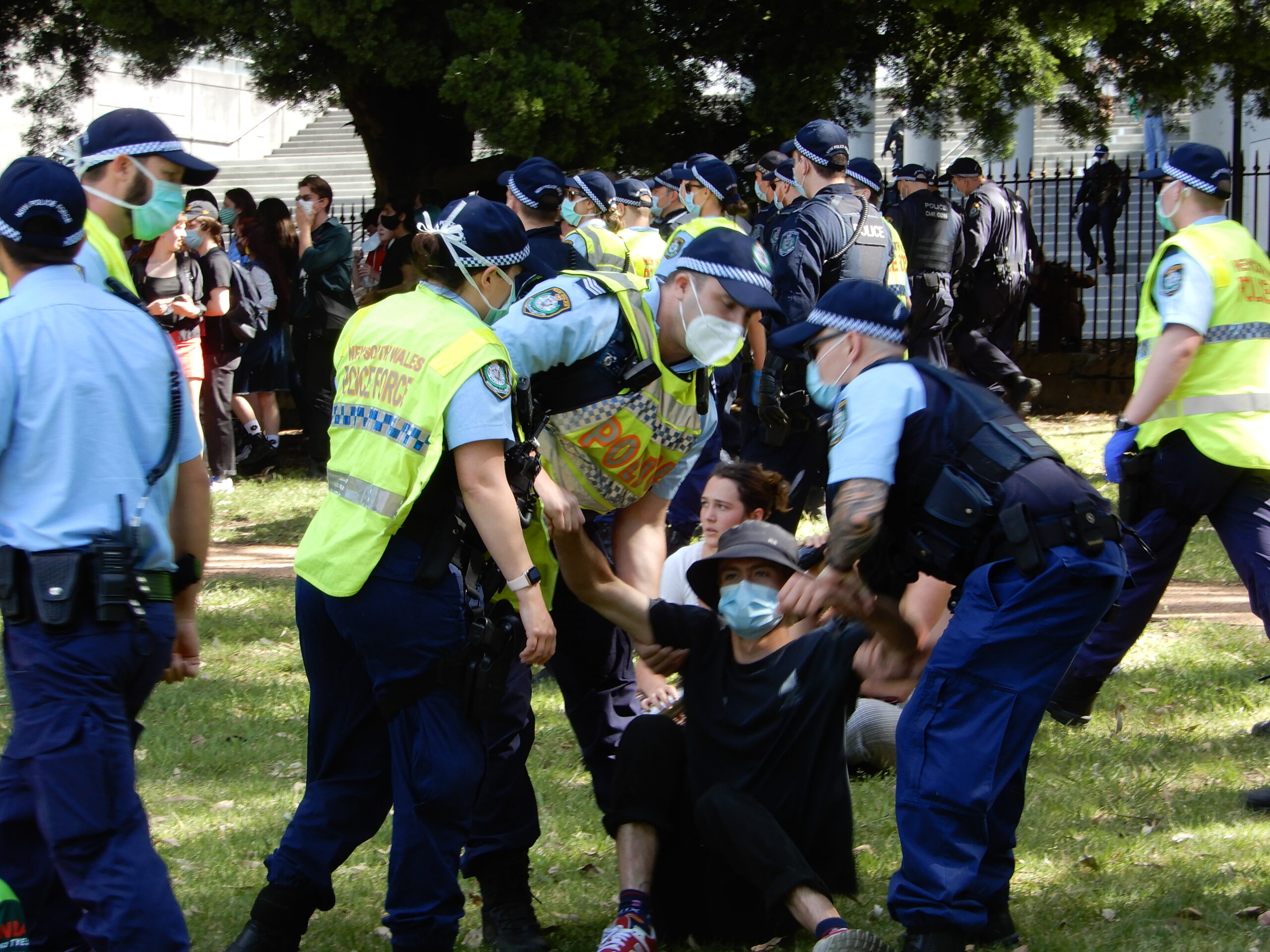
A sign of things to come
The powers extended to police over the COVID period, and the petty and excessive means by which they were abused, led many to hope that there wouldn’t be a post-pandemic lag.
As the old adage goes, once police are gifted new powers, it’s near impossible to roll them back.
In NSW, there was an obvious police powers hangover as an unofficial ban on protests began being enforced post-lockdown.
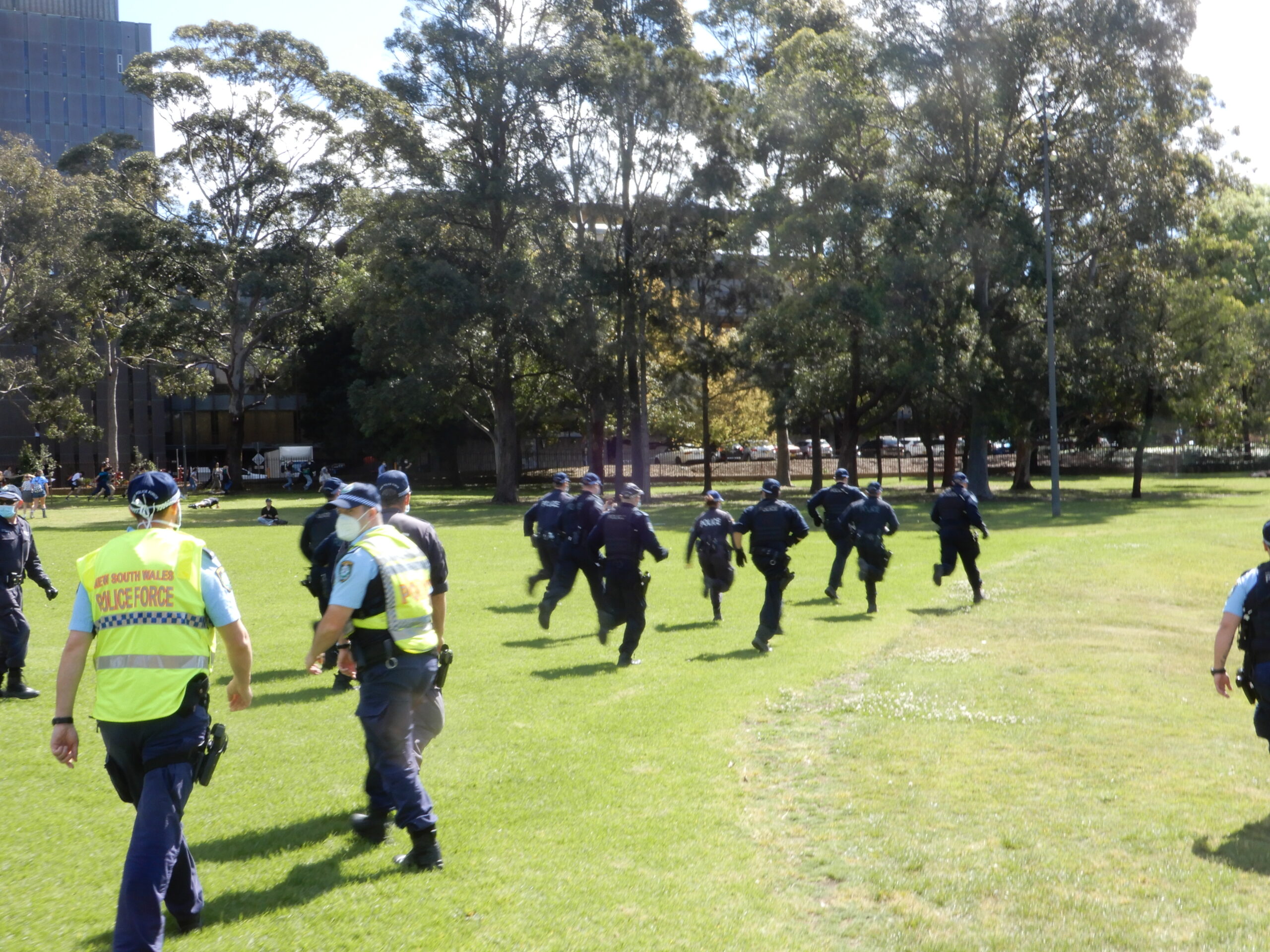
The prohibition on political assemblies of more than 20 people was first applied to a Black Lives Matter protest, but it soon came to focus upon uni student demonstrations.
It wasn’t until footage emerged of some NSW police officers aggressively arresting and fining a Sydney University law professor – who was merely observing a protest – that the ban was partially lifted to allow rallies of up to 500 participants.
And as we move further into the new normal, it still remains to be seen over coming months just how much of a lag there is on these beefed up police powers in other areas that may not be so discernible as yet.



